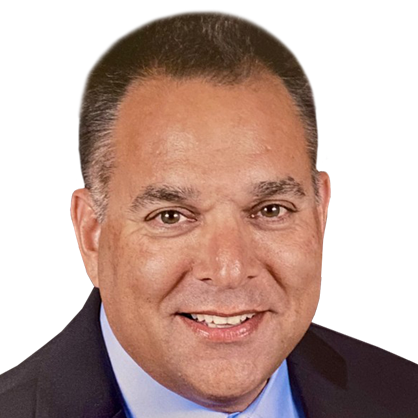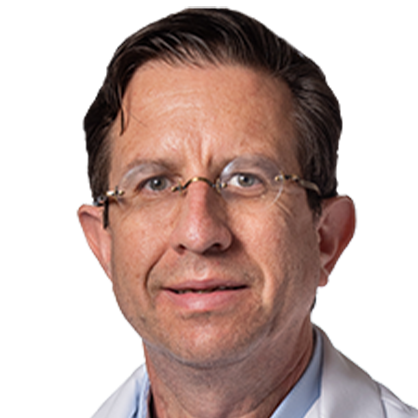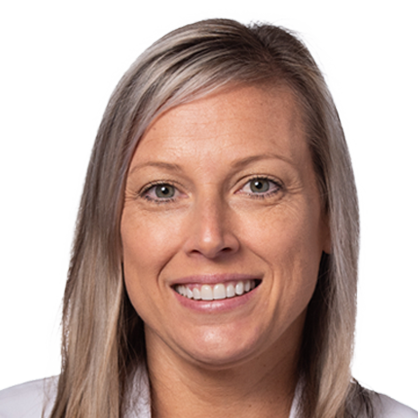Have Questions?
Please fill out our form, and an SCP Health representative will reach out to answer any questions or curiosities you have.
Who We Are
SCP Health is a clinical company partnering with clinicians and health care organizations to:
- Improve patient outcomes.
- Enhance the clinician experience.
- Increase patient access to care.
What We Do
We work to provide clinicians with the support needed to deliver exceptional care by:
- Reducing administrative burdens.
- Creating a balanced work environment.
- Providing education and training.
How We Do It
We believe care is delivered locally and work with physicians and clinical teams to:
- Ensure every shift is filled with qualified clinicians.
- Provide documentation support from professional coders
- Utilize clinical playbooks to improve quality metrics
Why SCP
SCP Health offers transparency into our strategy and approach including our:
- Respect of the sanctity of the clinician-patient relationship.
- Support of clinical best practices.
- Focus on keeping patients at the center of everything we do.
What does the future look like for emergency medicine clinicians?
I know a lot of emergency medicine clinicians are worried about the future. There are lots of concerns about there being less demand for this specialty in the coming years, and how that might impact the ability to make a reasonable living as an EM clinician in the future.
There has been a lot written about this topic, some of it is misinformation, but there are some legitimate concerns for the clinicians affected by this.
There was a workplace study that come out near the beginning of the pandemic that said there was going to be a surplus of about 9,000 emergency physicians by the year 2030 and people really started to have serious concerns. The discussions surrounding the study quieted down for a little bit because we had the great resignation in health care and that included a lot of emergency medicine physicians retiring, however the concerns have come back up recently because of the surplus of EM residents.
The thing is, there are some questions about the study that originally caused this stir. It looks like they may not have taken the aging workforce and attrition rate fully into account, or considered the creation of new roles and opportunities as telemedicine evolves.
Throughout the pandemic there was, and remains, a shortage of emergency physicians at the moment, and the workforce study before this one had said that we were going to be in trouble because there would be a huge shortage coming.
So yes, I think there are going to continue to be changes in the emergency medicine landscape in the future, but I believe that emergency physicians do not need to worry about having a job. We will always have emergency departments because we will always have patients who need not just unscheduled care, but unscheduled, emergent care.
What are your thoughts on the utilization of nurse practitioners and physician assistants?
There seems to be a common, misconstrued concept amongst physicians that everyone in the business of health care is intent on replacing all emergency physicians with NPs and PAs, and that we are utilizing them in ways that are dangerous, untrained and unsupervised.
Everyone has a different approach toward the role of NPs and PAs in our specialty. Some are more conservative, and some are more aggressive. Some are responsible and some are not. I don’t think it’s fair or accurate to paint with a broad brush.
In reality, nurse practitioners and physician assistants can be very valuable members of emergency medicine care teams and really help us provide better access to high-quality care for many patients.
What is the impact of private equity on health care and, specifically, emergency medicine?
The current environment can feel like a house divided on this topic, with lots of doctors throwing darts at any organization, and there are many in the space that utilize private equity as a funding mechanism. Again, on this topic, there is a lot of misinformation and some legitimate concerns, and we must be careful not to paint with a broad brush.
I understand why some people have fears about outside investors trying to reap profits off the backs of emergency physicians. But every group, every investor isn’t the same. When I came out of residency, there were people shouting about how contract medical groups were evil, and that was before it was common for them to be partnered with private equity.
When I made my choice, I could have joined a local private group. I know many doctors who made that choice and were treated terribly by the physician owners of that group.
Instead, I joined ECI, one of the legacy companies of SCP Health, and a contract medical group. I was treated very fairly and compensated well, really as a local group that was being supported by the contract group.
There are some private equity companies that have more ownership and exert more control over strategy and there are others who really let the experts manage the strategy, like we have at SCP Health. One thing I find compelling is that our company has continued to reinvest in SCP, and that’s allowing us to continue to innovate and invest in our clinicians and our patients.
How do you feel about the current practice environment in emergency medicine?
It’s true that the tide has started to turned and hospitals are, in general, looking better today than they were a year ago at this time, but you know, our environment is still really difficult.
As a specialty, we still don’t have enough nurses, there are too many holds in the emergency department, and possibly the most frustrating is that people don’t understand that even though the pandemic is ‘over,’ we are still dealing with the long-lasting impacts of that crisis.
I also think it’s unrealistic for any of us to believe that it’s ever going to be the same as it was before. Medicine and staffing are not the same, and we have to be able to evolve in how we approach the practice of medicine, especially hospital-based medicine.
That’s one reason innovation is so crucial. Innovation is not about turning to telehealth to eliminate jobs. It is about ensuring we are able to change and evolve with the environment and patient expectations, so that we can continue delivering care. Innovation is absolutely necessary as we navigate the health care challenges, and that’s why we spend so much time on it.
I have so much appreciation for all our frontline worker that go out there, from physicians to nurses to techs and others, the people that go out there day in and day out and just take care of patients regardless of the environment. I have tremendous respect and appreciation for every single one of them.

“The practice of emergency medicine has gotten extremely complex in the post-pandemic era, particularly coupled with the new documentation issues and reimbursement issues that have plagued us now for the last year. The training we have received with SCP Health and primarily the transparency they have shown us to explain and show us the financial impacts and the requirements that are necessary has really helped build a partnership between the clinical side, the clinical leadership, and the administrative and business side of things.”

“I really do like that SCP is physician-led. It never seems to be corporate edicts that come down. There’s always a thought process to it and a reason behind it. It is definitely a lot more straight forward and very clinician- and patient- driven.”

“One of the great things about working with SCP Health is that they allow us to practice autonomously. So, what that means is that a lot of the administrative burden, a lot of the data gathering and calculations, that’s done by the SCP team. By having that done, we’re now free to practice medicine again.”

“I think the support of the physician-led leadership structure is a big factor as a clinician. SCP University is another example. It’s a wealth of information and resources provided to our fellow physicians, NPs, and PAs. Additionally, the data analytics are very strong, and using that data to make data-driven decisions allows me as a leader to put my team in a position of success and align my goals with our hospital’s goals. Because that’s really important when we’re caring for patients on a daily basis.”

“SCP Health functions as a large company but they foster relationships and I think that’s really what makes them different. They are a large corporation, but they make us feel like a family. I always have someone to answer my questions and have close relationships with leadership to provide much-needed support.”

FAQs: Teletriage Program
Is a teletriage program right for you? We answer the most frequently asked questions about what a teletriage clinician look like day to day and how it ...
Learn MoreRelated Resources
Emergency and Hospital Medicine Integration: Evolving From Adversaries to Strategic Partners
Learn how integrating EM and HM programs can strengthen entire hospita ...
Seek And Find: How To Find Better EM Candidates, Faster
Fill open physician positions with the right candidates.
5 Ways Hospital Administration Can Promote Work-Life Balance in the ED
Establish a healthier practice environment for your physicians.
20 Key Questions to Align Your Emergency Medicine and Hospital Medicine Teams
Improve efficiency, cost containment, and patient experience between t ...






